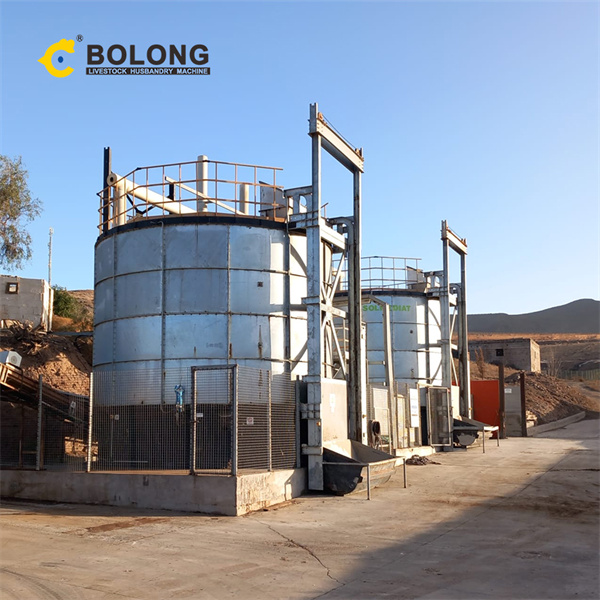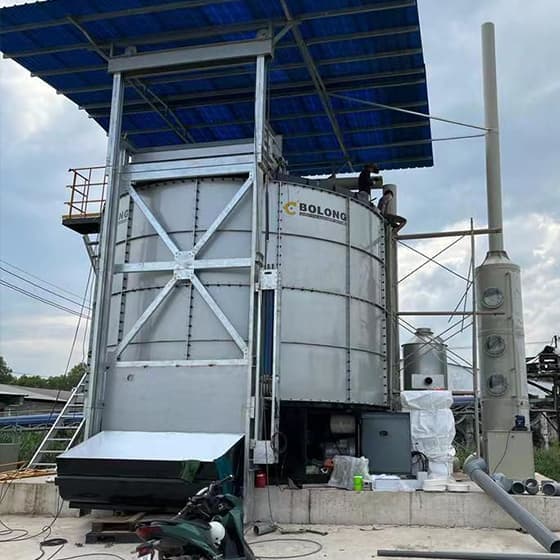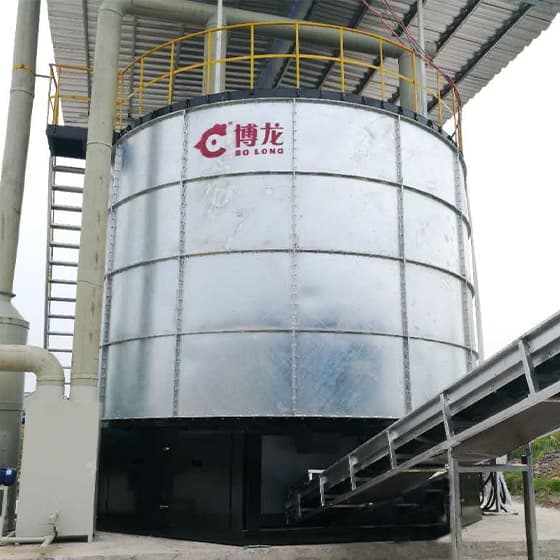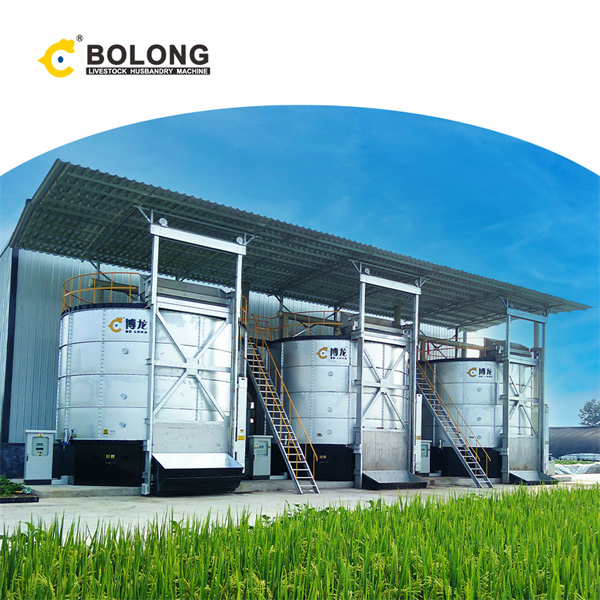





Introduction: Water quality protection is essential for sustainable agriculture. Livestock fermentation tanks play a crucial role in preventing water pollution. This article explores how fermentation tanks contribute to water quality protection.

Nutrient Management: Fermentation tanks convert manure into compost, preventing nutrient runoff and leaching. This protects local water sources from contamination by nitrates and phosphates.
Pathogen Control: The high temperatures achieved during composting in fermentation tanks kill pathogens present in manure. This reduces the risk of waterborne diseases and contamination.
Erosion Prevention: The compost produced by fermentation tanks improves soil structure and reduces erosion. This minimizes sediment runoff into water bodies, protecting water quality.
Case Study: A cattle farm used fermentation tanks to manage manure and produce compost. The farm observed improved water quality in nearby streams, with reduced nutrient and pathogen levels.

Conclusion: Livestock fermentation tanks contribute to water quality protection by managing nutrients, controlling pathogens, and preventing erosion. These benefits support sustainable and responsible farming practices.